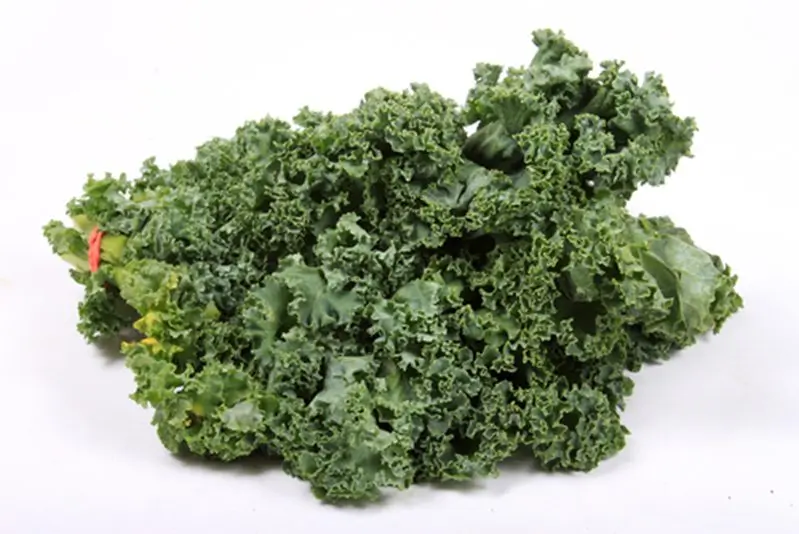While no two smiles may be exactly the same, everyone can relate to halitosis in one form or another. The fancy term for bad breath, halitosis is a major turn-off that is not only embarrassing for the person that has it — sometimes without their even realising it until it’s too late — but highly unpleasant for the individual who must endure it. Granted, most people are polite, and will tolerate the odour. But you can just about guarantee that the funky aroma will be noticed. This can create a negative initial impression of the breather during all-important job interviews or sit-down business meetings with clients and colleagues.
The best way to staunch the stench of bad breath is brushing and flossing consistently, ideally right after meals. However, few people carry oral care kits with them everywhere they go. So what’s the solution to these stinky situations? If you’re one of the 50% of people around the world who suffers from halitosis on a regular basis (according to research data), here are a few good ways to fight back against bad breath.
1. Chew gum
This is perhaps the easiest way to virtually eliminate bad breath on the spot. Although halitosis can stem from a variety of issues, such as gum disease, it’s typically attributable to food residue that remains stuck to the teeth. Chewing gum can dislodge food particles from your teeth by naturally increasing the amount of saliva in your mouth. Additionally, many gum brands these days have long-lasting flavours, so the fresh scent will help keep your breath smelling better. Try to avoid sugar-laden gums and chew the kind that has xylitol as a key ingredient. Besides the fact that the flavours typically don’t last as long, sugar-based gums can contribute to tooth decay and may themselves actually be sources of malodorous bacteria.
2. Avoid pungent foods
There is nothing quite like walking into a restaurant or kitchen and smelling the delightful aroma of simmered garlic, onion or chopped up scallions. It really whets the appetite. The problem is these same delicious foods are so bold in flavour that they produce equally strong scents that can linger in your mouth long after you’ve eaten and digested them. If you’re prone to halitosis, try to avoid eating these foods. Here are a few others you may want to steer clear of before a date or heading to bed:
- Canned fish (e.g. tuna, salmon, oysters, etc.)
- Dairy products (e.g. milk, cheeses, etc.)
- Horseradish
- Alcohol
- Coffee
- Tomatoes
This isn’t to suggest that you should avoid these foods and beverages entirely; most of them have some health benefits of their own. However, it’s better to eat and drink them in moderation, especially if halitosis is an ongoing concern for you.
3. Eat foods that help clean the teeth
Some may think that since food produces bacteria, practically anything you eat can contribute to bad breath. It doesn’t work that way. In reality, there are a wide variety of foods that both taste and smell great and don’t leave any lingering bad-breath effects. Here are a handful:
Apples
There are literally hundreds of varieties of apples to select from, literally from A (Ambrosia) to Z(Zestar). Regardless of your preference, apples are great for fighting bad breath, thanks to their high water content and natural detergent properties, including polyphenols. Polyphenols are found almost entirely in plant foods and their antioxidative capabilities contribute to better digestion and circulation. They also help reduce the growth of bacteria.
 Kale, a superfood, is also a superb way to curb bad breath.
Kale, a superfood, is also a superb way to curb bad breath.Leafy greens
Every doctor will tell you to eat more greens, be it kale, spinach, lettuce or arugula. Whichever you choose ideally all of them they deliver a one-two punch to halitosis by increasing saliva flow and reducing acid. (Highly acidic foods — like the aforementioned tomatoes — are commonly associated with bad breath production.
Fresh ginger
Ginger may not be something that you eat very often, given that it’s more of an accent to certain dishes and drinks rather than a signature ingredient. However, you may want to consider adding it to your diet more often if you can. In addition to the well-established fact that it helps to settle a queasy stomach, ginger helps to neutralise bad breath through an enzyme called — appropriately enough — 6-gingerol. Alternatively, try cutting off a fresh piece of ginger so you have it with you to chew after dinner. You’ll be amazed by the results from something so simple. A little of this root goes a long way toward keeping halitosis at bay.
Our goal at City Dentists is to keep your teeth and your breath at their best. Contact us today to set up your biannual cleaning.
